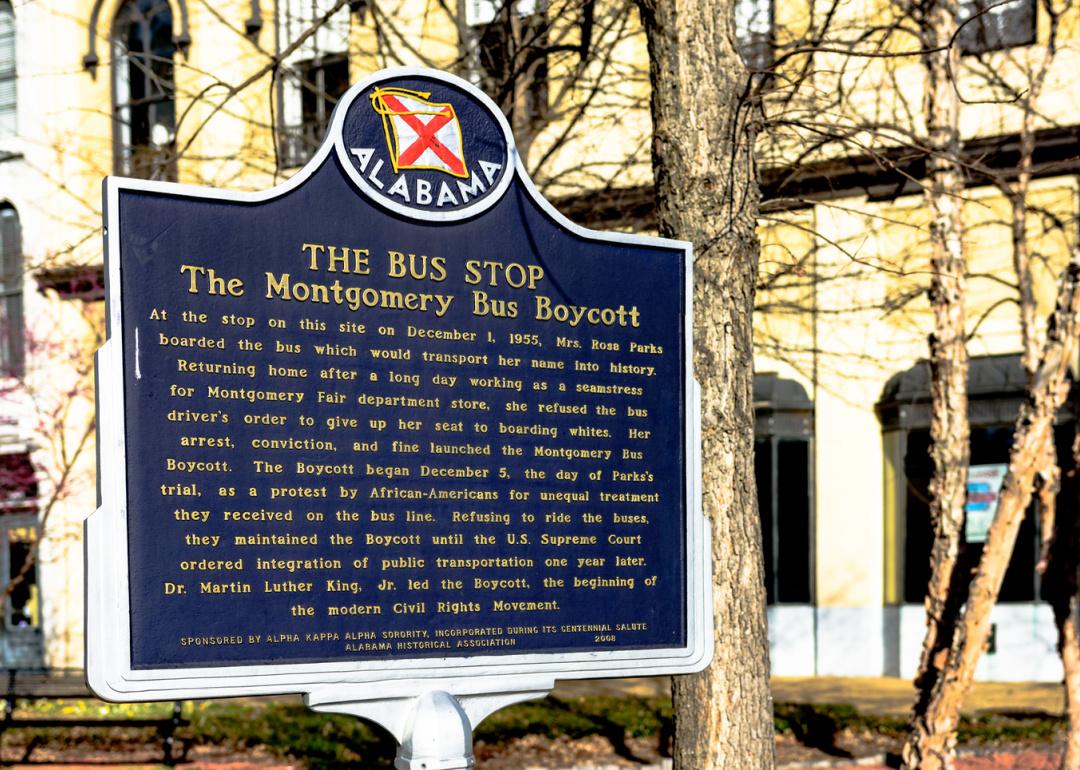
A victim becomes an activist: A major civil rights moment in Nebraska
A victim becomes an activist: A major civil rights moment in Nebraska
A land of contradictions from the outset, the United States was founded by slave owners who spoke passionately and eloquently about liberty, freedom, and justice for all. In the beginning, "all" was limited to men of European ancestry who were wealthy enough to own land. The Constitution's protections did not apply to most of the people living in America for most of America's history—at least not in full.
Women—about 50% of the population—were not included in the country's concept of "all," likewise millions of slaves—and for a long time, their offspring. Native Americans, the descendants of the original inhabitants of the United States, were commonly excluded from the promise of America, as were many immigrants, ethnic groups, and religious minorities.
Despite all the work that remains to be done, all of those groups and many others now enjoy freedoms that had to be won—won through the courts, through the court of public opinion, through mass demonstrations, through legislation, through boycotts, and in many cases, through martyrdom.
Fighting to expand the definition of "all" requires powerless people to challenge the power structures that benefit from keeping certain people locked in their status as second-class citizens. They often do it at great risk to their jobs, their reputations, their homes, and in many cases, their lives. Even so, brave advocates and activists fought the good fight in every state in America. Each state has a unique story to tell about the epic struggles for civil rights that were waged there, as well as those that continue to be waged. The following is a tiny sliver of their collective efforts.
Using a variety of sources, Stacker identified a defining moment for civil rights in all 50 states. They stand out for different reasons and led to changes that lifted different groups, but they all prove how much can be achieved—and how much still remains to be accomplished.
Keep reading to find out your state's contribution to civil rights.
Nebraska: A victim becomes an activist
A man of Japanese ancestry named Joseph Ishikawa came to Lincoln, Nebraska, after being incarcerated in an internment camp during World War II solely on the basis of his race. Unwilling to stay quiet when he learned municipal swimming pools were off-limits to his Black neighbors, he resigned his position as an employee of the recreation department in protest and embarked on a tireless campaign to integrate the city's facilities. Ishikawa served as an inspiration to countless civil rights activists who risked it all to change an oppressive system, even when they weren't the ones directly oppressed.
Click here to see an event from every state or continue reading for other events near Nebraska.
Colorado: A cultural rainbow gets results
Colorado's sizable population of not only African-Americans but also Native Americans, Mexican Americans, Roman Catholics, and Jewish immigrants all faced discrimination through the first half of the 20th century. Alone, these disparate underclasses did not have enough leverage to demand change—so they joined forces. A multiracial, multiethnic civil rights coalition protested and petitioned until the state passed a series of sweeping civil rights laws in 1957 to protect vulnerable minority groups, outlaw discrimination in housing and employment, and repeal bans on interracial marriage.
Iowa: Iowa advances in 1868
Iowa's long record as a pioneering state for civil rights can be traced to 1868, just three years after the close of the Civil War. That year, Iowa lawmakers—all white men—outlawed segregation in schools nearly 90 years before Brown v. Board and granted Black men the right to vote. As in so much of the country, however, the laws rarely matched the realities on the ground for African Americans in Iowa, many of whom remained both separate and unequal for generations.



